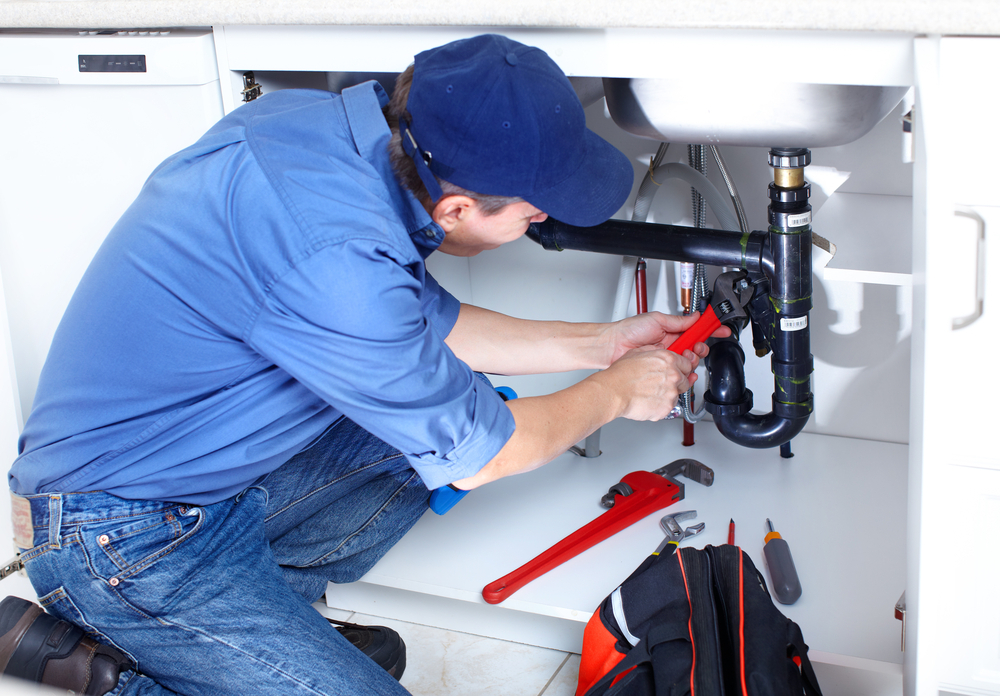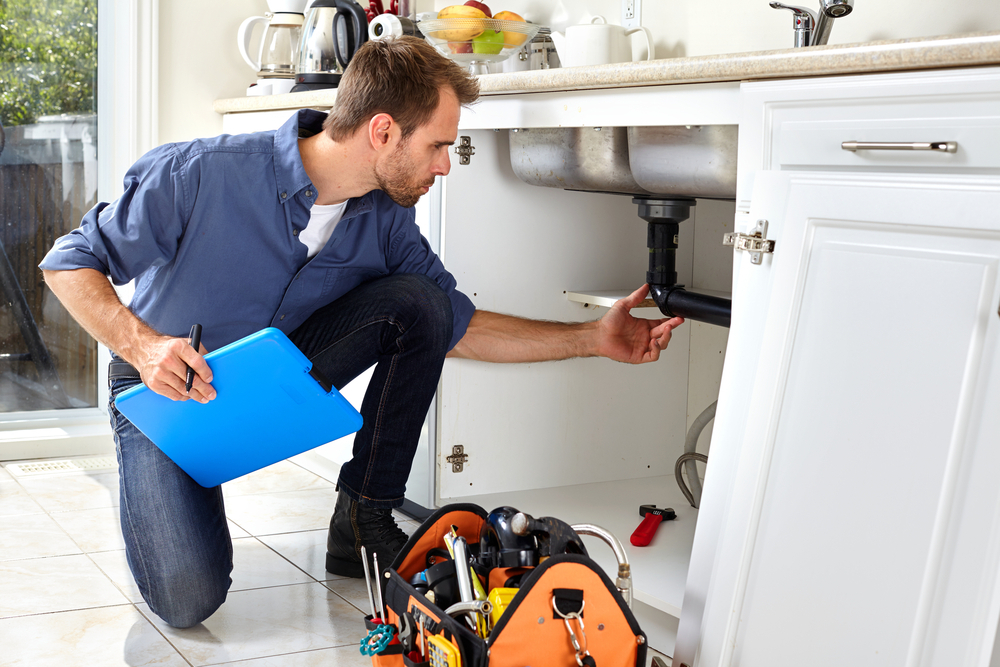What Makes a Great Plumber? Qualifications and Experience That Matter
Plumbing serves as a vital pillar of modern society, ensuring the seamless delivery of water and the effective management of waste in residential, commercial, and industrial settings. From addressing simple household leaks to installing complex piping systems in large-scale constructions, plumbers play an indispensable role in maintaining public health, safety, and comfort. With infrastructure aging and urbanization continuing to expand, the demand for skilled plumbers remains robust, making plumbing an increasingly promising career path for those interested in technical trades. This comprehensive article delves into the qualifications and experiences that distinguish a great professional plumber, highlighting the essential skills, knowledge, and attributes necessary for success in this dynamic field.
Essential Qualifications for Plumbers
To embark on a successful plumbing career, certain foundational qualifications are imperative:
- High School Diploma or Equivalent: A fundamental educational requirement, a high school diploma or its equivalent provides essential literacy and numeracy skills, laying the groundwork for further technical training.
- Technical Education and Apprenticeship Programs: Formal education through vocational schools or community colleges offers specialized training in plumbing techniques, mathematics, and blueprint reading. Apprenticeships, typically spanning 4-5 years, combine classroom instruction with hands-on training under experienced plumbers, providing invaluable practical experience.
- Plumbing License or Certification: In most states, plumbers must obtain a license to work independently. Licensure ensures that plumbers meet minimum competency standards and possess knowledge of local building codes and regulations, crucial for ensuring the safety and legality of plumbing installations.
- Ongoing Education and Training: The plumbing industry evolves continuously with advancements in technology and changes in regulations. Continuing education through workshops, seminars, and certifications is essential for plumbers to stay abreast of industry best practices and emerging trends.

Technical Knowledge and Skills
Technical proficiency forms the cornerstone of a plumber’s expertise:
- Understanding Building Codes: Knowledge of local and national plumbing codes is essential for compliance, ensuring that plumbing installations meet safety standards and regulatory requirements.
- Proficiency with Pipe Materials and Fittings: Mastery of various pipe types (e.g., PVC, copper, PEX) and fittings is crucial for selecting appropriate materials and executing precise installations.
- Reading Blueprints and Schematics: Interpreting technical drawings is fundamental for planning and executing plumbing systems accurately and efficiently.
- Problem-Solving Skills: Plumbing issues can vary widely in complexity, from routine maintenance tasks to diagnosing and repairing intricate system failures. Effective problem-solving involves identifying root causes, evaluating options, and implementing effective solutions.
- Attention to Detail: Precision in measurements, cutting, and fitting pipes is critical to ensuring leak-free plumbing systems and avoiding costly rework.
Hands-On Experience
Practical experience plays a pivotal role in developing a plumber’s competence and confidence:
- Apprenticeship and On-the-Job Training: Apprenticeships offer aspiring plumbers the opportunity to gain hands-on experience under the guidance of experienced mentors. Apprentices assist in real-world projects, learning practical skills and gaining insights into diverse plumbing systems and techniques.
- Exposure to Diverse Plumbing Systems: Working on a variety of projects, including residential, commercial, and industrial settings, exposes plumbers to different plumbing configurations and challenges. This exposure broadens their skill set and prepares them to handle a range of plumbing scenarios.
- Learning from Experienced Mentors: Mentorship from seasoned professionals provides invaluable guidance, practical wisdom, and insights that complement formal education and enhance practical skills.
Customer Service Skills
In addition to technical proficiency, interpersonal skills are essential for fostering positive client relationships:
- Effective Communication: Clear and concise communication with clients is essential for understanding their plumbing issues, discussing proposed solutions, and setting expectations for plumbing repairs or installations.
- Professionalism: Maintaining a professional demeanor, including punctuality, reliability, and respectful conduct, instills confidence and trust in clients, contributing to long-term customer loyalty.
- Ability to Explain Complex Issues: Simplifying technical jargon into layman’s terms enables clients to understand the scope of work, make informed decisions, and feel confident in the plumber’s expertise.

Other Qualities That Matter
Several additional qualities contribute to a plumber’s overall effectiveness and success:
- Physical Stamina: Plumbing work often involves physical demands such as lifting heavy materials, working in confined spaces, and performing tasks that require strength and endurance.
- Reliability: Clients rely on plumbers to complete projects on schedule, adhere to commitments, and deliver high-quality workmanship consistently.
- Teamwork: Collaboration with other tradespeople, contractors, and colleagues is common on construction sites and larger projects. Effective teamwork and communication skills are essential for coordinating tasks and ensuring project success.
- Detail-Oriented and Safety-Conscious: Attention to detail in every aspect of plumbing work ensures accuracy in installations and repairs, minimizes the risk of errors or defects, and promotes safety for oneself and others on the job site.
Conclusion
In conclusion, becoming a great plumber requires a combination of technical expertise, practical experience, and strong interpersonal skills. From acquiring foundational education and completing apprenticeship training to continuously updating skills and cultivating customer relations, each component contributes to a plumber’s professional development and success. With a growing demand for skilled plumbing professionals in the plumbing industry, aspiring plumbers have abundant opportunities to build rewarding careers and make a meaningful impact by ensuring the efficiency, safety, and functionality of plumbing systems in communities.
To excel as a plumber, individuals are encouraged to prioritize obtaining the necessary qualifications, honing technical skills, and embodying the qualities that define excellence in the field. By doing so, aspiring plumbers can embark on a fulfilling career path characterized by continuous learning, professional growth, and the satisfaction of contributing to essential infrastructure and public welfare through their expertise in plumbing.
Plumbing Services CA
https://maps.app.goo.gl/31Yt4rhDrainzNJ4A
(279) 203-0765
https://plumbingservicesca.com/
